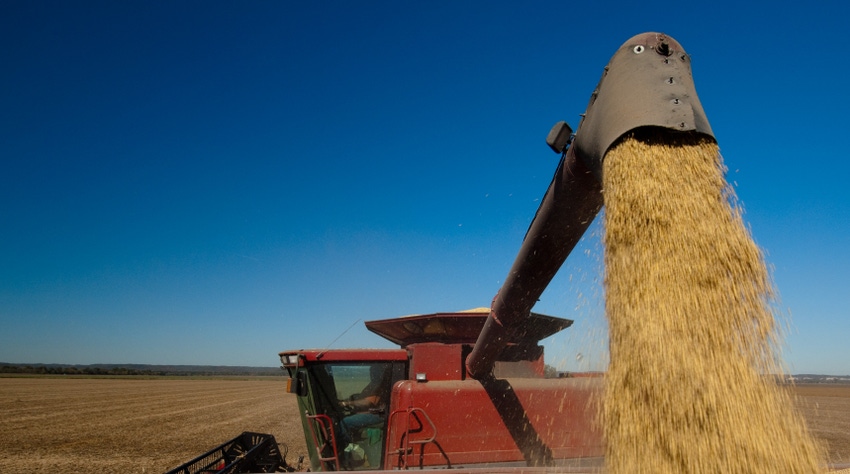April 4, 2018

Following China’s April 4 announcement of a proposed 25 percent tariff on imported U.S. soybeans, the American Soybean Association expressed its extreme frustration about the escalation of a trade war with the largest customer of U.S. soybeans.
In a prepared statement, the ASA called on the White House to reconsider the tariffs that led to this retaliation. China purchases 61 percent of total U.S. soybean exports, and more than 30 percent of overall U.S. soybean production.
“It should surprise no one that China immediately retaliated against our most important exports, including soybeans. We have been warning the administration and members of Congress that this would happen since the prospect for tariffs was raised. That unfortunately doesn’t lend any comfort to the hundreds of thousands of soybean farmers who will be affected by these tariffs. This is no longer a hypothetical, and a 25 percent tariff on U.S. soybeans into China will have a devastating effect on every soybean farmer in America,” said ASA President and Iowa farmer John Heisdorffer.
Soon after China's announcement, soybean futures dropped 40 cents per bushel. “At a projected 2018 crop of 4.3 billion bushels, soybean farmers lost $1.72 billion in value for our crop this morning alone. That’s real money lost for farmers, and it is entirely preventable,” Heisdorffer said.
“We regret that the administration has been unable to counter China’s policies on intellectual property and information technology in a way that does not require the use of tariffs,” he said. “We still have not heard a response from the administration to our March 12 letter requesting to meet with President Trump and discuss how the administration can work with soybean farmers and others in agriculture to find ways to reduce our trade deficit by increasing competitiveness rather than erecting barriers to foreign markets.
But there is still time to reverse the damage to U.S. soybean farmers, he said. “The administration can still deliver for farmers by withdrawing the tariffs that caused this retaliation. China has said that its 25 percent tariff will only go into effect based on the course of action the administration takes. We call on President Trump to engage the Chinese in a constructive manner—not a punitive one—and achieve a positive result for soybean farmers.”
You May Also Like




